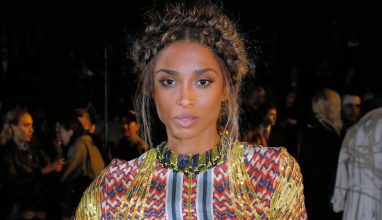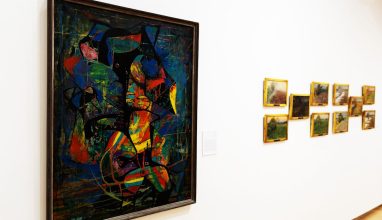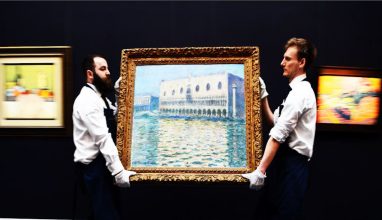In the ever-changing realm of fashion, the perception of a “well-dressed person” has undergone a profound transformation. Once synonymous with a keen sense of style, creativity, and attention to detail, the contemporary definition of a well-dressed individual often aligns with an emphasis on high-end, luxury fashion. This exploration explores the reasons behind the shifting paradigm, questioning why the distinction between a well-dressed person and an expensively dressed person has become increasingly blurred.
Influence of Celebrity Culture and Social Media
The rise of celebrity culture and the ubiquity of social media have undeniably played a pivotal role in reshaping fashion standards. With influencers and celebrities showcasing their glamorous lifestyles on platforms like Instagram and TikTok, the notion of being well-dressed has become intertwined with the conspicuous display of luxury brands. As a result, the aspirational allure of designer labels and exclusive fashion items has led to the perception that being expensively dressed equates to being well-dressed. Social media platforms act as virtual runways, where the curated image of opulence often overshadows the subtleties of personal style and creativity.

Globalization and the Rise of Luxury Brands
The globalization of fashion and the expansion of luxury brands into diverse markets have contributed to the conflation of being well-dressed and expensively dressed. As luxury fashion becomes more accessible globally, especially through e-commerce platforms, individuals seeking to signal affluence and sophistication often turn to prestigious labels for their attire. The prominence of logos and recognizable brand symbols further reinforces the association between high price points and perceived elegance. In this context, the external markers of wealth become synonymous with being well-dressed, overshadowing the nuances of personal style.
Erosion of Individuality in Fashion
While the fashion industry has evolved to embrace diversity and inclusivity, the pervasive influence of mainstream trends and the desire for instant recognition have led to a certain homogenization of style. The pressure to conform to popular fashion ideals, often dictated by high-end brands, has eroded individuality. Consequently, the criteria for being well-dressed have shifted from expressing one’s unique personality to adhering to a predefined, often costly, aesthetic.
In conclusion, the evolution of the concept of a well-dressed person into an expensively dressed person reflects the changing dynamics of the fashion landscape. The influence of celebrity culture, globalization, and the erosion of individuality contribute to a perception where luxury and expense are equated with style. As the fashion industry continues to evolve, there is an opportunity to redefine the notion of being well-dressed, emphasizing creativity, authenticity, and personal expression rather than the price tag attached to one’s attire.






